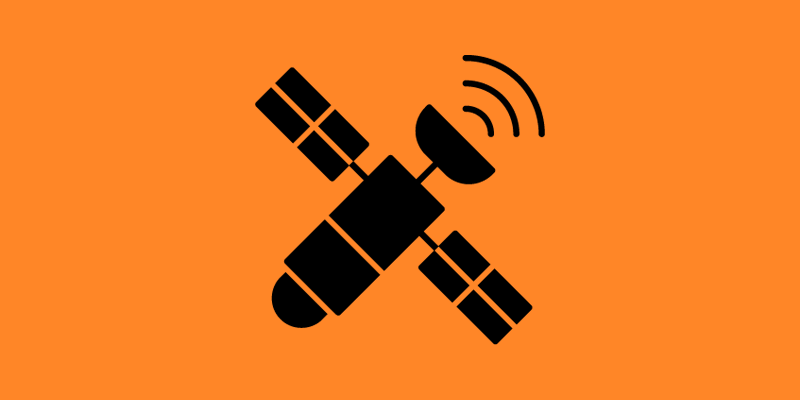Unlocking the Secrets of the Cosmos
The exploration of space has always been a testament to human curiosity and ingenuity. Yet, it wouldn’t be possible without advanced communication systems connecting us to spacecraft and rovers millions of miles away. In recent years, artificial intelligence (AI) has revolutionized space communication, enhancing the efficiency and reliability of data transfer between Earth and the far reaches of our solar system. This article explains the transformative impact of AI in space communication and its role in advancing our understanding of the universe.
The Challenges of Space Communication
Space communication presents unique challenges:
- Vast Distances: Spacecraft and rovers operate at incredible distances from Earth. Signals can take minutes or even hours to travel one way, affecting real-time control and data retrieval
- Limited Bandwidth: The available bandwidth for data transmission is often limited, making efficient data compression and transfer essential
- Signal Degradation: Cosmic phenomena and interference can weaken signals during transit
AI in Space Communication
AI has addressed these challenges and significantly improved space communication in the following ways:
- Data Compression and Transmission: Algorithms optimize data compression, allowing scientists to send and receive more data with limited bandwidth. Lossless and lossy compression techniques minimize data loss while maximizing the information transferred
- Signal Enhancement: AI-based systems analyze incoming signals in real-time, identifying and mitigating interference or signal degradation. This enables a more reliable and efficient data stream
- Autonomous Operations: AI enables spacecraft to make autonomous decisions about data prioritization and routing. This minimizes reliance on ground control, particularly during critical operations
- Predictive Maintenance: AI-driven predictive maintenance systems analyze the health of communication equipment and predict potential failures, ensuring the longevity and reliability of spacecraft communication systems
- Data Analytics: AI is used to analyze vast datasets collected from space missions. This assists in deriving meaningful insights and discoveries from the gathered information
Case Studies in AI-Powered Space Communication
- Mars Rovers (Curiosity and Perseverance): AI-enabled autonomous operation and data analysis allow these rovers to make quick decisions and send back high-priority findings in near-real-time
- Deep Space Network (DSN): NASA’s DSN employs AI to enhance scheduling and data routing. AI algorithms optimize communication sessions with spacecraft to maximize efficiency
- SETI Institute: The Search for Extraterrestrial Intelligence (SETI) utilizes AI to analyze radio signals from space. Machine learning algorithms help distinguish potential signals from cosmic noise
- SpaceX: Private companies like SpaceX leverage AI for better data transmission and efficient control of satellite constellations. Starlink’s growing network of satellites relies on AI for improved communication
The Future of Space Communication with AI
As AI continues to evolve, we can anticipate further improvements in space communication:
- Quantum Communication: Quantum technologies offer secure, high-speed communication between Earth and spacecraft. AI will play a role in implementing and optimizing these quantum communication systems
- Interstellar Missions: As we venture further into the cosmos, AI will help bridge the vast communication gaps in interstellar missions. It will be critical for establishing contact with probes beyond our solar system
- Human Missions to Mars: Future human missions to Mars will rely on AI for reliable, low-latency communication with Earth. AI systems will ensure real-time communication for astronaut safety and mission success
AI’s integration into space communication represents a giant leap for space exploration. It enhances our ability to collect data, analyze it efficiently, and make critical decisions in real-time. The continued evolution of AI will be pivotal in enabling us to explore deeper into space, potentially finding answers to some of the universe’s most profound questions. As we stand on the precipice of a new era of space exploration, AI in space communication will be the guiding light that helps us unlock the secrets of the cosmos.
